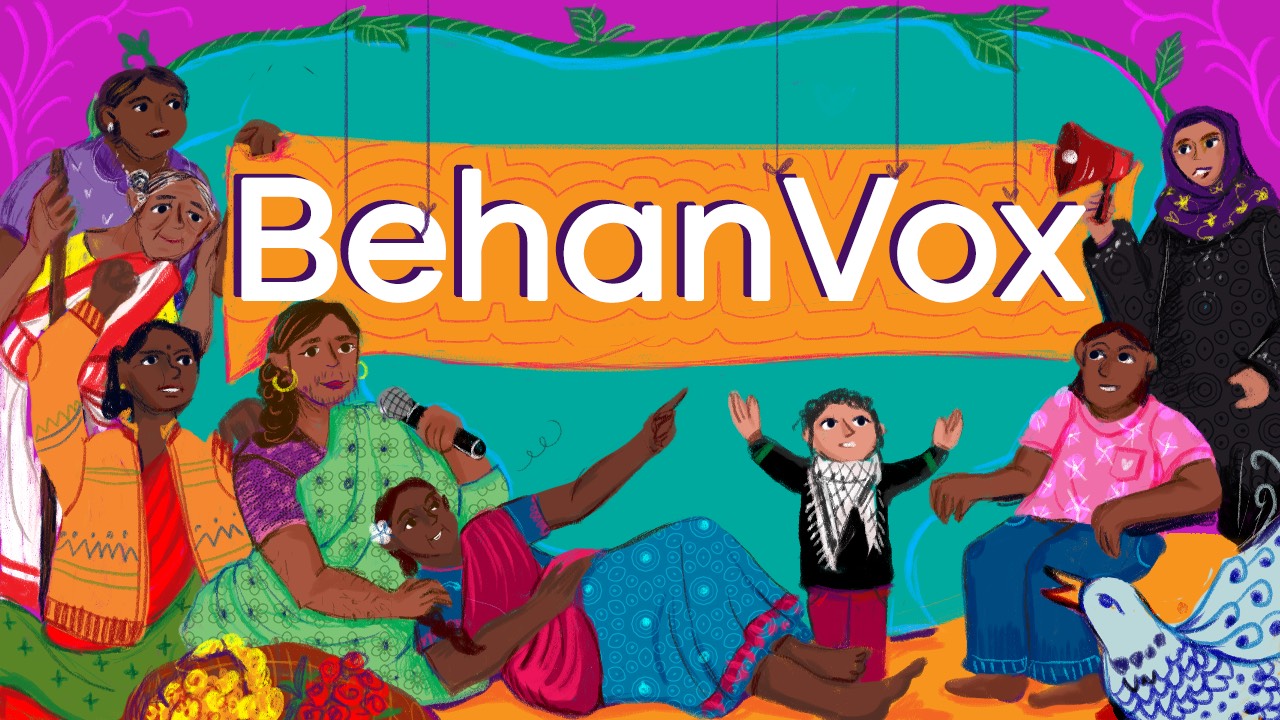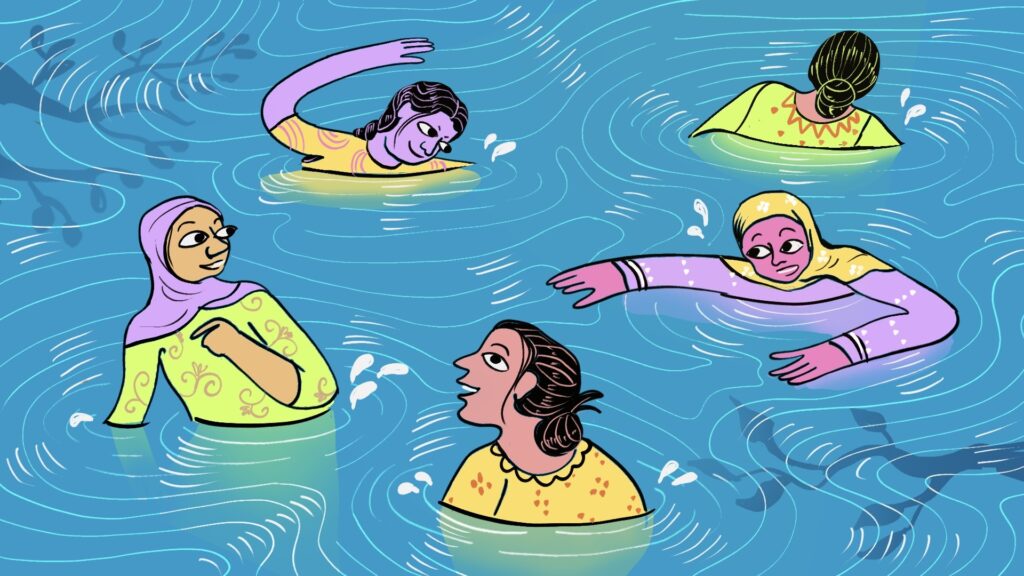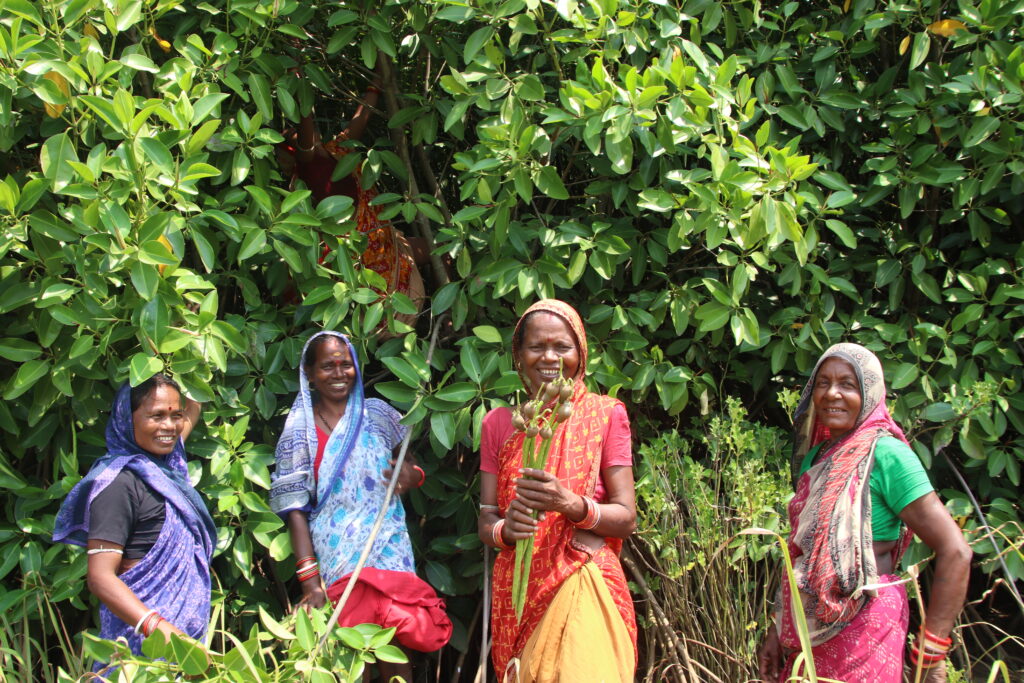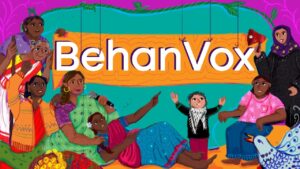This week we took a dive, literally, into the very complicated relationship between women, their bodies and swimming. And found to our utter glee that so many of our readers could relate to it. Who does not have those memories? Of mothers and aunts standing on beaches holding hands in bellowing sarees and screaming in delight as the waves swept. Of mothers again, sitting by the pool watching children learn to stay afloat. The water somehow always seemed to be the preserve of men, with the privilege of being unselfconscious about their bodies.
Priya Menon’s delightful story this week took in these and many other nuances as she reports on the public swimming programmes for women being held in north Kerala’s ponds and rivers. The coaches have only one aim – to get women comfortable, happy and competent in the water. And they can come as they are. In a salwar kameez, leggings and T- shirt, joggers, hijab or abaya or even the ubiquitous nighty/maxi. They are joining in droves, says Priya, discovering how liberating, energising and calming the feeling of buoyancy is.
Swimming once used to be an easy and integral part of Kerala’s everyday village life and popular culture is full of stories of women, men and children revelling in local ponds and canals after a day’s hard work. CV Janaki amma grew up learning swimming in one such pond as a child but gave up as the landscape changed, adulthood arrived and so did social inhibitions about her body. She returned to swimming after four decades when a terrible boat tragedy brought home to her the critical need for the life skill. Now she joyously swims in her nighty and makes sure to invite other women to it, holding lessons for them in a pond.
The demand for her classes has been such that many Muslim women from conservative families have approached her to teach them swimming. “They want to learn but are not comfortable if there are men in the pond. So, I conduct swimming classes for them in a separate pond. I let them keep their hijab on,” says Janaki amma.
Her ‘student’, Museedha Shuhaid, 36, who began coming for classes along with her sister-in-law Saajida Shahul Hameed, says that, as a child, she always wanted to learn swimming. “But I wasn’t allowed to do so. Now the times have changed, and my husband is supportive,” she says, adding that she wears leggings and a top while swimming. “Many of the women from my community are now coming for swimming lessons. Who knows, one day it may save lives.”
The terror of the swimsuit is not just a small town thing. Priya weaves a personal narrative into the story when she recalls her own struggle to learn swimming late in life in Chennai’s pools with their ‘ladies classes’. Her classmates in the water include an elderly woman, a grandmother, who could not dream of learning to swim as a youngster, especially under the guidance of young male coaches. But she wants to enjoy a beach holiday with her family in Bali and is determined to swim. “Just look at me now,” she pointed out with a cackle.
Then there are three young Marwari women, all clad in modest, full-sleeved swimsuits that cover their legs right up to their ankles, revelling in their newfound freedom post marriage.
As for Priya, swimming has been a transformative experience. “Stretch out your arms, pull the water back, come up for air, kick out … again and again. The trick, I realised, is to let yourself go, tune everything out, take it slow and not worry about reaching the other end of the pool. As I concentrated on the feel of the water, and the rhythm of my breath, I began feeling totally relaxed. At the end of the hour, I found myself tired but elated, and strangely peaceful and calm.”
Read our story here.






